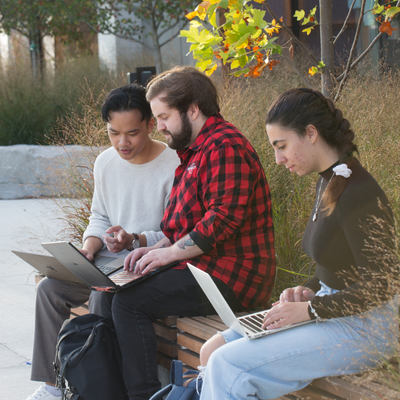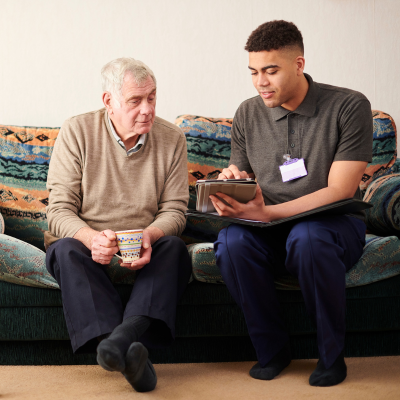
Why Choose Social Work at Trent
Learn about what sets our program aside. We offer a small program, diverse opportunities, and award winning faculty. Plus more!

What is Social Work? What Can I do with a BSW?
Do you care about individuals and communities? Do you have a passion for social justice? Are you driven to build resilience and equity into systems for healthier, stronger communities? Social Work is the career for you! Find out all the opportunities that exist for you.

I am a Future Student - How Can I Prepare?
Are you in high school but you know you want to go into Social Work? Are you a mature student with lived experience you think will serve you well as a Social Worker? Find out what we are looking for in our future students, and how to prepare so your application is as strong as possible.

